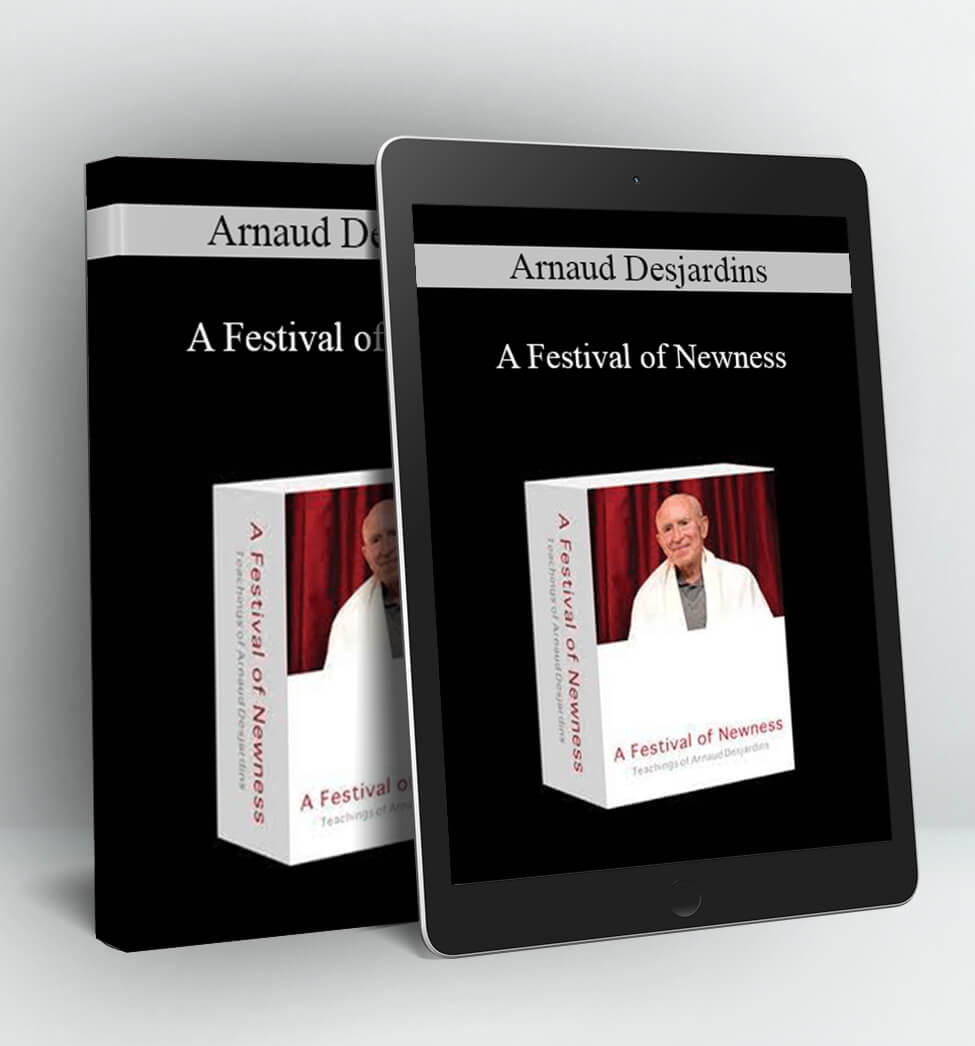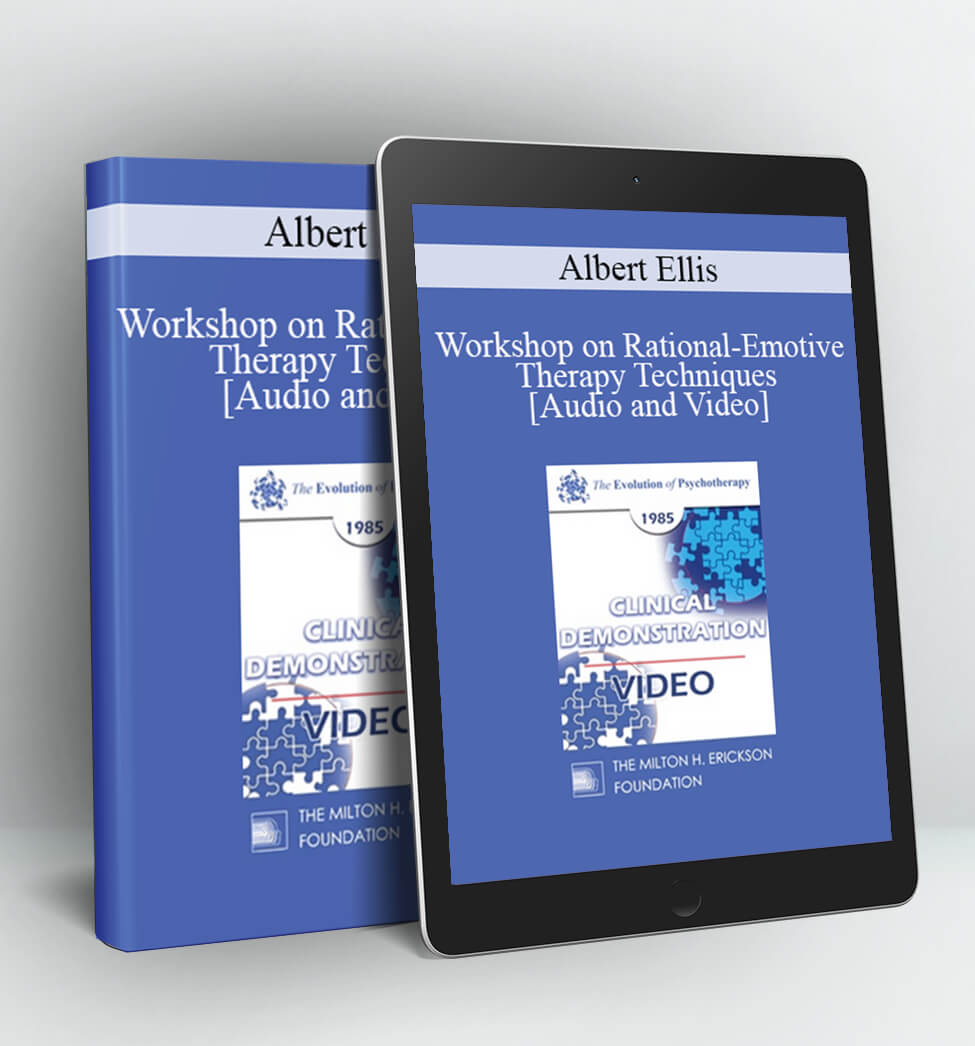
A Festival of Newness – Arnaud Desjardins
Arnaud Desjardins – A Festival of Newness
Teachings of Arnaud Desjardins DVD
“It is true that it is essential to acquire real power over oneself. You cannot tolerate to go on indefinitely, year after year, being the plaything of your thoughts and impulses, going around in circles within the same mechanisms, the same childishness and the same weakness.” – Arnaud
About author
Arnaud Desjardins’ was a documentary film producer and director for French television during the 1960s and early 1970s. At one point in his career, he began writing and directing films which include some of the most important and revered Indian, Tibetan, Japanese, and Sufi sages of the era, including Anandamayi Ma, Papa Ramdas, Deshimaru, Kalu Rinpoche, and The 16th Karmapa. These early films were instrumental in making French audiences aware of the spiritual traditions of the East, as well as preserving a record of some of the greatest saints of the generation.From his close and prolonged personal encounters with these masters, Arnaud developed a rare and honed ability to recognize and make use of genuine spiritual teaching. Through his sincere, vigilant practice and the guidance of his guru, Swami Prajnanpad of Bengal, India, he became one of the most beloved and highly regarded spiritual teachers in all of Europe. Swami Prajnanpad , Arnaud Desjardins Arnaud’s Master Swami Prajnanpad was a traditional Hindu monk who lived on a tiny ashram outside of Calcutta. He was virtually unknown outside of his small circle of students. Prior to this while teaching science at the University level, Swamiji discovered and studied the work of Sigmund Freud. He later incorporated critical elements of early psychoanalysis into the traditional spiritual path of non-dualism that he offered.Over a period of nine years Arnaud absorbed the precise and potent Advaita Vedanta teachings of Swami Prajnanpad. For the past thirty years Arnaud has guided his body of students, which has grown to be about 2,000 in number, as well as inspiring other teachers and students from many other paths and disciplines.Now in his 80s, Arnaud maintains an active travel and teaching schedule. A group of his senior students maintain his ashrams and others formally work closely under his guidance to make the teachings of Swami Prajnanpad available.—————————-
About product: “A Festival of Newness” is a 20-DVD set of talks and dialogues by Arnaud Desjardins that were presented and recorded during a ten-day retreat in the United States in October, 2007. These teachings are a historical record of the clarity, skillful means, and presence of one of the great masters of our time. The package contains 20 DVDs that are available in either NTSC or PAL format (please make your selection at checkout), and each DVD has a running time of 80-90 minutes. The DVDs are accompanied by a booklet featuring the table of contents for each disc and a glossary of more than 100 terms used with great precision by Arnaud and Swami Prajnanpad.Why 20 DVD’S?While Arnaud adresses many different and useful subjects in each of his 20 teachings, without experiencing how each chapter builds on the previous ones, just like reading a book, we will not receive the complete teaching in a way that is ultimately life changing. Every talk is captivating and engaging. We are confident that each one will hold your undivided attention.
Table of Contents for each of the 20 DVDs
TEACHING 1 (Running time – 1:20:02) An introduction in which Arnaud speaks about his life on the path, describing many of his own extraordinary experiences both in France and Asia.
TEACHING 2 (Running time – 1:28:31) * “What is” vs. “what should be” * The mind as the creator of duality * Studying untruth as a way to know truth. * Faith and the possibility of awakening in this life
TEACHING 3 (Running time – 1:20:32) * The difference between action and reaction * Feeling vs. emotion, seeing vs. thinking * The Three Baskets
TEACHING 4 (Running time – 1:20:24) * Emotion is dependence and liberation is independence * Can we truly take into account the suffering of others? * The Three Centers and the Five Koshas
TEACHING 5 (Running time – 1:27:25) * Advaita means “not two” * Death is not the opposite of life; life is a play of birth and death that has no contrary * Flowing with the current of life vs. being carried away by it
TEACHING 6 (Running time – 1:20:20) * To become “one with,” we start from duality * We don’t live in the world, we live in our world * The unmet needs of the child become the desires ofthe adult * One always wants to give what one has not received
TEACHING 7 (Running time – 1:27:59) * The sage is spontaneous – this is the goal of the way * We do not decide; attraction and repulsion decide for us * The goal of every living being is happiness * We don’t know what “good” or “bad” actually is
TEACHING 8 (Running time – 1:22:17) * Being a mother or father is a great yoga * This is beneath my dignity * Projections and risks of the religious path * On a non-dualistic path, the key word is truth; on a religious path, it is love * Swami Prajnanpad as an example of “infinite love and infinite patience”
TEACHING 9 (Running time – 1:31:38) * “To be” and “to have” * Nitya (eternal) vs.anitya (not eternal) * The goal of the path is to escape our prison, not to improve it * Bhoga (to fully appreciate) and upa-bhoga (to miss the fullness of experience)
TEACHING 10 (Running time – 1:17:44) * Identification with our roles in life * To “be one with”, we must welcome both sides of life * Giving feedback to others vs. working on oneself * We cannot be free from the world, but we can be free from our world
TEACHING 11 (Running time – 1:25:38) * The four pillars of Adhyatma Yoga * Loving and accepting oneself * The sage is desire-free, not desire-less * “Point of departure” vs. “starting point” * The importance of being faithful to one’s own path
TEACHING 12 (Running time – 1:28:12) * Not what should be, but what is * Not leaping over our personal experience * Dependent and non-dependent happiness
TEACHING 13 (Running time – 1:27:51) * Relationship between money and the Work * Respect for oneself, respect for others, and respect from others * How to work with children * Developing sharp andsubtle attention
TEACHING 14 (Running time – 1:28:43) * The possibility of coupled relationships * Emotion distorts the truth * The glory of motherhood * Genuinely being free from our past
TEACHING 15 (Running time – 1:27:03) * Sexual energy cannot be spoiled; it is always pure * The emotional center (the heart) can be free of negativity * The truth is always simple; it is the mind that interferes and qualifies
TEACHING 16 (Running time – 1:30:12) * The distinction between psychotherapy and spiritual practice * The habit of acceptance exposes and tames the unconscious mind * Remorse and forgiveness * An act is always right, even if the action is wrong (“poor, helpless creatures”)
TEACHING 17 (Running time – 1:28:31) * The path is your own intimate story * Jumping 100% into your emotion with a perfect “yes” * There is no division between psychological work and spiritual work * Doubt is normal and natural on the path; we have the right to ask and to be convinced
TEACHING 18 (Running time – 1:32:10) * Gratitude towards the teacher leads to love and devotion * Practicing with physical illness * Finding the equilibrium between feminine and masculine
TEACHING 19 (Running time – 1:29:37) * Am I healing the world or am I contributing toits disease? * We are all part of the same whole * What is too much for us to handle and what is too little for us to grow? * To be 100% vulnerable is to be 100% invulnerable * What the teacher says is not enough; we must be shown
TEACHING 20 (Running time – 1:26:10) * To work deeply with emotions while part of a couple requires a goal beyond the couple * Mind is the great creator of suffering * Subjectivity, if well experienced, can lead to objectivity * The teacher meets the student at their level * What it means to be “one with” *
Access Download A Festival of Newness – Arnaud Desjardins right now!
Delivery Method:
After your purchase, you’ll get access to the downloads page. Here, you can download all the files associated with your order.
Downloads are available once your payment is confirmed, we’ll also send you a download notification email separate from any transaction notification emails you receive from Coursedownloads.




